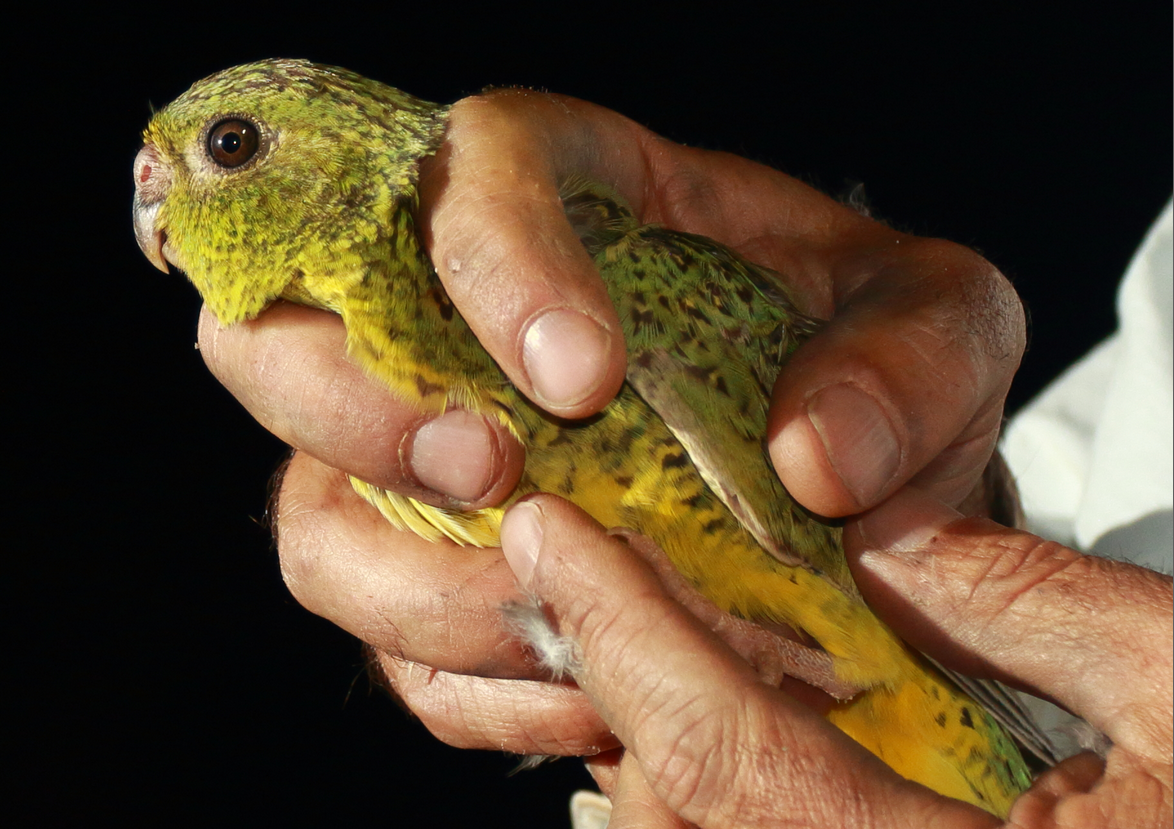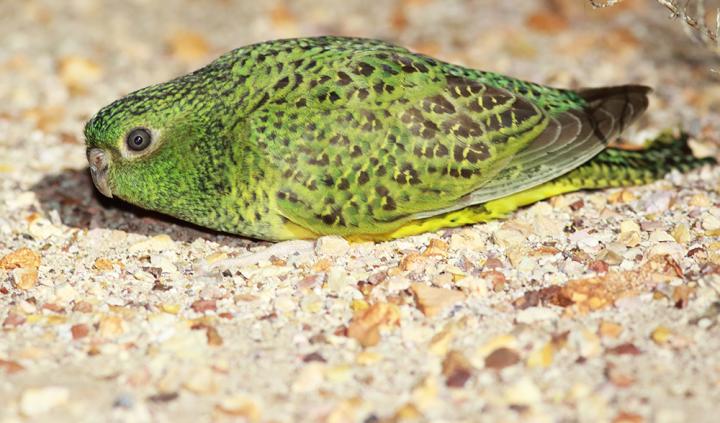Indigenous rangers find secret population of one of Australia’s rarest birds
Critically endangered birds threatened by forest fire, scientists warn
Your support helps us to tell the story
From reproductive rights to climate change to Big Tech, The Independent is on the ground when the story is developing. Whether it's investigating the financials of Elon Musk's pro-Trump PAC or producing our latest documentary, 'The A Word', which shines a light on the American women fighting for reproductive rights, we know how important it is to parse out the facts from the messaging.
At such a critical moment in US history, we need reporters on the ground. Your donation allows us to keep sending journalists to speak to both sides of the story.
The Independent is trusted by Americans across the entire political spectrum. And unlike many other quality news outlets, we choose not to lock Americans out of our reporting and analysis with paywalls. We believe quality journalism should be available to everyone, paid for by those who can afford it.
Your support makes all the difference.Australia’s Indigenous rangers have helped discover a previously unknown population of the night parrot – one of the rarest birds in the continent thought to have been extinct for over a century.
A small population of the elusive yellowish-green parrots was only found in 2013, and until now only tens of the bird species were thought to exist.
However, a new study, published in the journal CSIRO Wildlife Research, revealed that as many as 50 critically endangered night parrots could be living in the Ngururrpa Indigenous Protected Area (IPA) in western Australia’s far east.
This could make it the largest known population of the extremely rare bird in the world.
“The endangered night parrot (Pezoporus occidentalis) is one of the rarest birds in Australia, with fewer than 20 known to occur in Queensland and, prior to 2020, only occasional detections from a handful of sites in Western Australia,” scientists wrote.
In the study, researchers used a type of acoustic recorder called a songmeter and found evidence of night parrots at 17 of the 31 sites they checked on the Ngururrpa IPA.
Overall, they identified ten roosting areas.

The “highly secretive” species is predominantly terrestrial, mostly nocturnal, and takes to the air only when panicked or in search of water, according to researchers.
Based on the survey, scientists say there could be “at least 50 night parrots” on the Ngururrpa IPA, making it the largest known population of the highly elusive species in the world.
Satelite images suggest that a key threat to the birds’ habitat is fire which occurs in the surrounding sandplain country every 6 or 10 years.
“The surrounding landscapes differ in their vegetation types and inherent flammability, indicating that fire is likely to be a more significant threat to night parrots,” researchers wrote.

Scientists also used camera traps to survey predators and collected predator scats to analyse their diets.
While feral cats in the region could be a threat to the night parrots, scientists say dingo wild dogs which eat the cats in this area, could be helping the birds survive.
The study highlights the need for any predator control methods in the area to avoid harming the dingoes.
“We recommend management that focuses on strategic burning to reduce fuel loads in the surrounding landscape, and limiting predator control to methods that do not harm dingoes,” researchers said.

Join our commenting forum
Join thought-provoking conversations, follow other Independent readers and see their replies
Comments